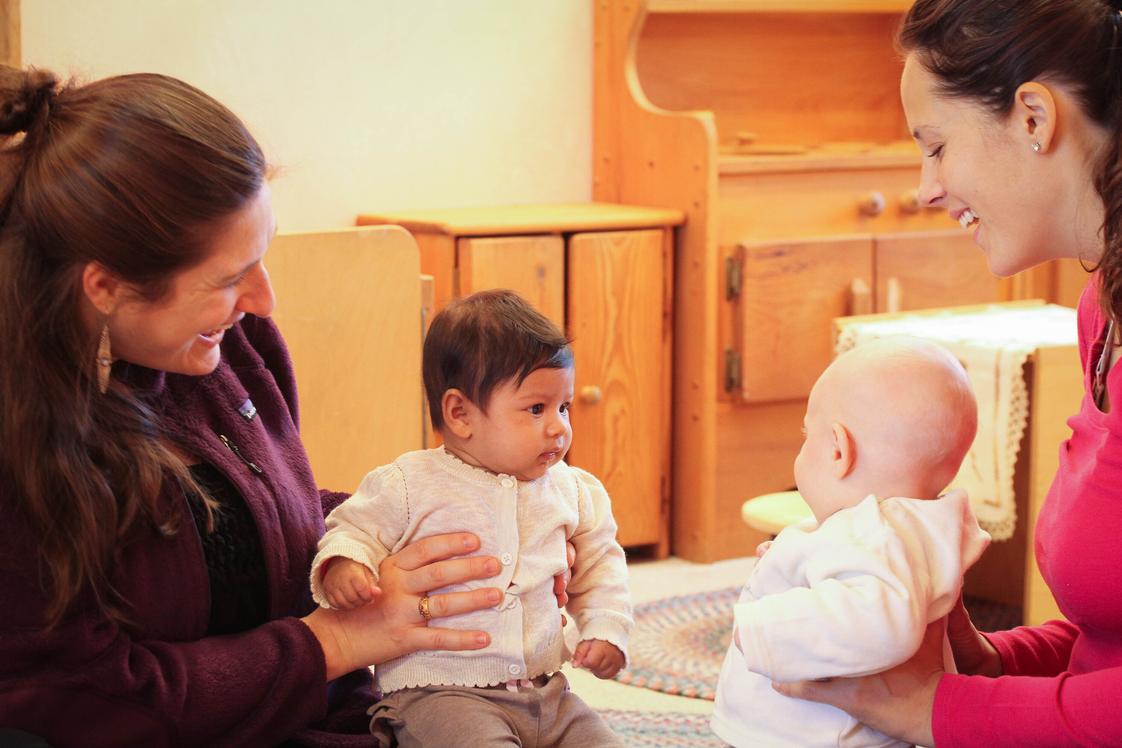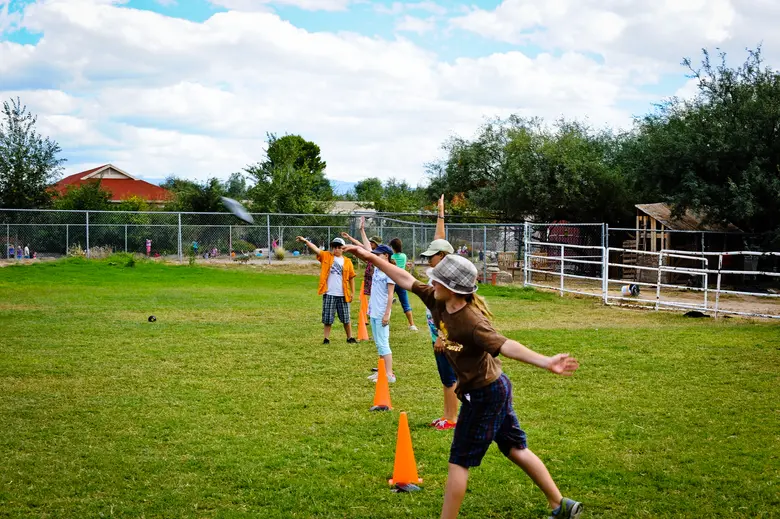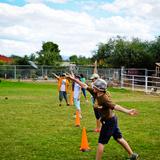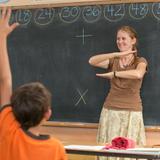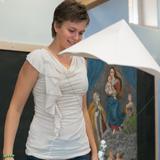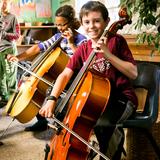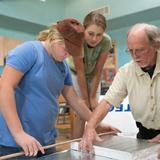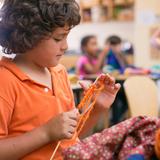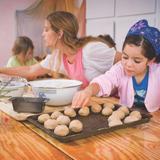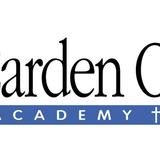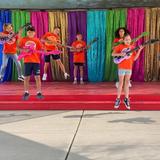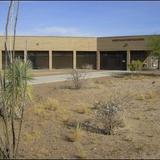
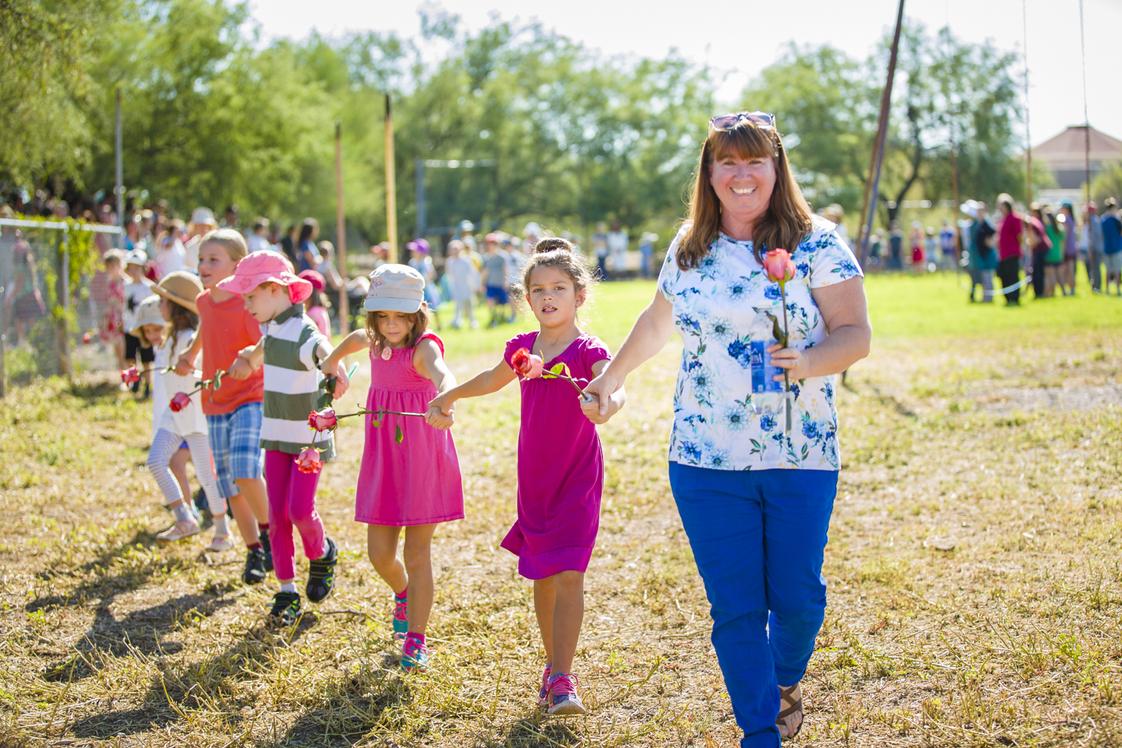

The Tucson Waldorf School provides a Pre-K to Grade 8 Waldorf curriculum designed to graduate students capable of meeting the challenges of tomorrow's world. Our graduates have a track-record of excelling and distinguishing themselves in High School, College, and beyond.
Our school is committed to an engaging educational experience with a full introduction to the classics, foreign languages, history, geography, mathematics, science, music, art and more.
Waldorf's time-tested pedagogy is attuned to the unique stages of childhood.
Quick Stats (2025)
- School Type: School with Special Program Emphasis
- Grades: Prekindergarten-8
- Enrollment: 223 students
- Yearly Tuition: $13,000
- Acceptance rate: 97%
- Average class size: 15 students
- Application Deadline: Feb. 15 / rolling
- Source: Verified school update
School Overview
School Type
School Membership(s)School Assoc.
Religious Affiliation
Grades Offered
Grades Prekindergarten-8
Year Founded
1993
School Calendar
Student Body
Total Students
223 students
Student Body Type
Co-ed
% Students of Color
20%
State avg.: 38%
Students by Grade
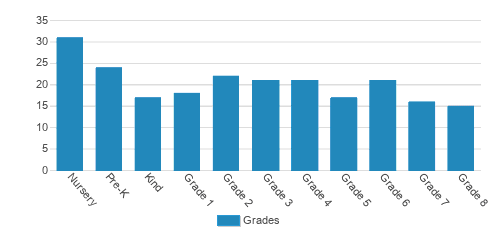
Academics and Faculty
Total Classroom Teachers
13 teachers
Student : Teacher Ratio
17:1
National avg.: 13:1
% Faculty w/Advanced Degree
35%
Average Class Size
15 students
Classroom Dress Code
Casual
see parent handbook/call school
Tuition and Acceptance Rate
Admission Deadline
Feb. 15 / rolling
Yearly Tuition Cost
$13,000
Tuition Notes
Cost varies by Grade. Please see our website for specifics for each grade, as well as break down for payment plans. TWS accepts ESA & Tax Credits!
% on Financial Aid
26%
Acceptance Rate
97%
National avg.: 85%
Admissions Director
Jade Hines
Admissions Associate
Tessa Swanson
Extracurriculars
Total ExtracurricularsTotal Extra-curric.
6 extracurriculars
ExtracurricularsExtra-curric.
Club or Organization:
Archery Club, Capoeira, Gaming Club, Spanish Club (Beginner and Advanced)
Arts and Music Programs:
String Club (Violin, Cello, Viola), Wood Carving
Archery Club, Capoeira, Gaming Club, Spanish Club (Beginner and Advanced)
Arts and Music Programs:
String Club (Violin, Cello, Viola), Wood Carving
School Notes
- Tucson Waldorf School provides age-appropriate content that nourishes the healthy growth of the child. Mathematics, languages, literature & history, science & geography, music, handwork, gardening, and woodwork are subjects students learn about through an experiential approach. Through each experience in the Waldorf classroom, students cultivate and expand their intellectual, emotional, physical and spiritual capacities. These capacities lead them to becoming individuals who are rooted in their strengths while remaining open and curious to the infinite possibilities of this life.
- In Waldorf education, the teacher progresses with a given group of students from first to eighth grade. Every morning teachers greet students with a handshake and make eye contact before the students enter the classroom in order to establish a connection each new day. By carrying a class through the grades, class teachers look back on all his or her students` previous learning experiences and build step by step on this foundation to endow his or her teaching with real unity. Primary school age children, who are very sensitive to readjustments and changes, are given the security of knowing one personality and method intimately and thoroughly.
Source: Verified school update
Frequently Asked Questions
How much does Tucson Waldorf School cost?
Tucson Waldorf School's tuition is approximately $13,000 for private students.
What is the acceptance rate of Tucson Waldorf School?
The acceptance rate of Tucson Waldorf School is 97%, which is higher than the national average of 88%.
When is the application deadline for Tucson Waldorf School?
The application deadline for Tucson Waldorf School is Feb. 15 / rolling (applications are due on Feb. 15 but additional applications are reviewed year-round as space permits ).
School Reviews
Endorse Tucson Waldorf School. Endorsements should be a few sentences in length. Please include any comments on:
- Quality of academic programs, teachers, and facilities
- Availability of music, art, sports and other extracurricular activities
- Academic or athletic awards
Recent Articles

A Parent's Guide To Understanding High School Teaching Methods
This comprehensive guide helps parents navigate the various teaching methods used in today's high school classrooms. By understanding these approaches, you'll be better equipped to support your teen's learning journey, communicate effectively with teachers, and create a complementary learning environment at home.

February 08, 2025
Social Emotional Learning: Education's Hidden SymphonyA musician's perspective on Social Emotional Learning reveals how this educational framework orchestrates success through five essential emotional competencies.

January 24, 2025
A Roadmap For Starting A Private SchoolUse this roadmap as a set of talking points with your trusted mentors and professionals to start the private school of your dreams. You're not alone. Over the years, hundreds of folks like you have had the same dream. From Quintilian to Maria Montessori to Lucy Madeira Wing, visionary educators have established schools to teach according to their beliefs and methodologies.

